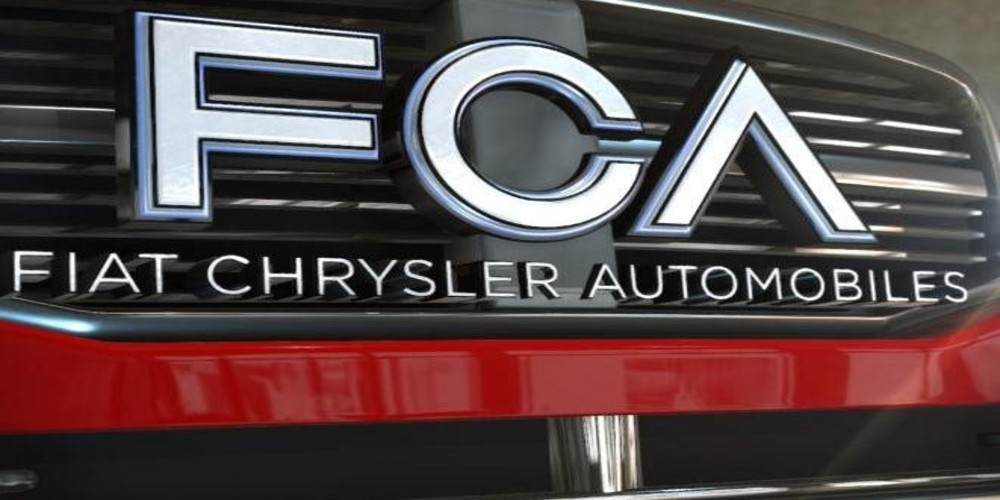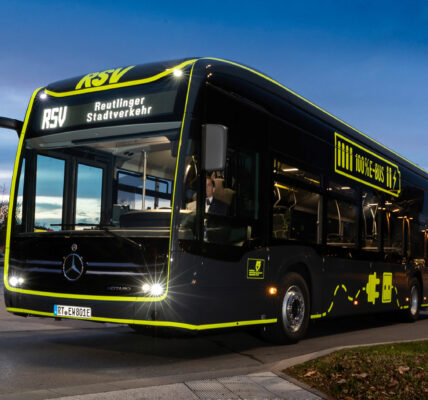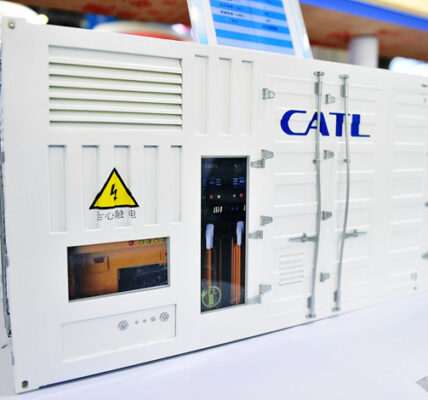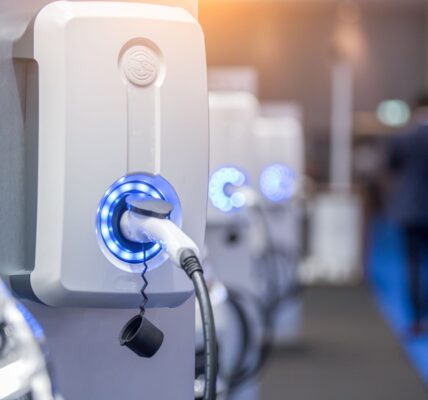Fiat Chrysler Automobiles will modernize its Polish plant to build hybrid and electric Jeeps, Fiats and Alfa Romeos.
The company plans to start production of the first of three new models at its factory in Tychy in the second half of 2022, the automaker said in a statement on its Polish website.
The models will include full-electric cars, FCA said.
The investments are the “fulfillment of the promise to strengthen FCA’s operations in Poland made two years ago during the presentation of our business plan,” the automaker’s Europe boss, Pietro Gorlier, said in the statement.
The Tychy plant currently builds the Fiat 500 and Lancia Ypsilon small cars.
Polish Deputy Prime Minister Jaroslaw Gowin said on Twitter that FCA will invest 755 million zloty ($204 million) in the project “with prospects for many times more.”
Neither FCA nor Gowin named the new models to be built in Tychy.
The factory currently builds the Fiat 500 and Lancia Ypsilon minicars.
Janusz Michalek, president of Katowice Special Economic Zone, said in the statement that the cars will be completely new models not produced by FCA so far.
According to supplier sources, the new models will be a small Jeep positioned below the Renegade; a small crossover for Alfa Romeo sitting below the upcoming Tonale compact crossover; and a small crossover for Fiat that will be an indirect replacement for the Punto small hatchback, which was discontinued in 2018.
The cars will use PSA Group’s Common Modular Platform (CMP). FCA plans to increase annual production at the Tychy plant to as many as 400,000 small cars based on CMP underpinnings, according to Italian press reports earlier this year. The plant built 263,176 units in 2019.
In its 2018-2022 plan, FCA said it will spend 9 billion euros on electrification as part of investment plans totaling 45 billion euros.
FCA is planning a $38 billion merger with PSA to create Stellantis, the world’s No.4 carmaker.
The Tychy plant in Poland’s industrial southern region of Silesia is one of FCA’s largest and currently employs around 2,500 people.
The investment comes as a boost to Poland, which is hoping a switch to EVs can help its auto sector catch up with regional rivals such as the Czech Republic and Slovakia.







